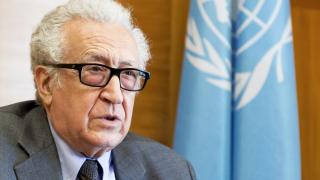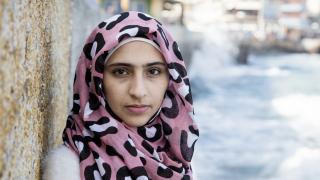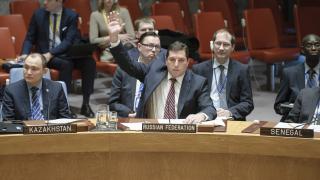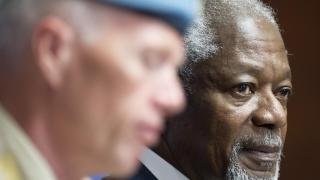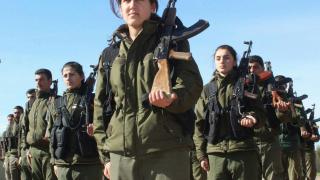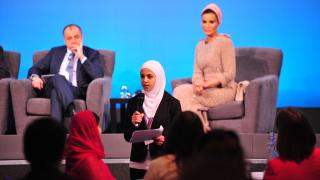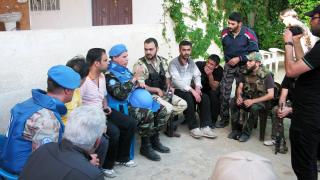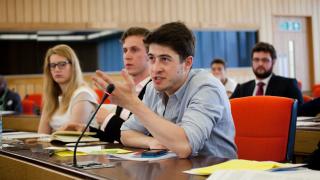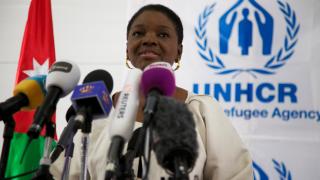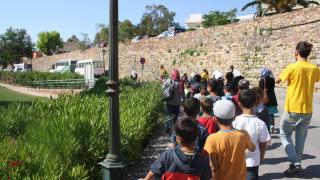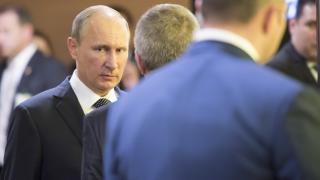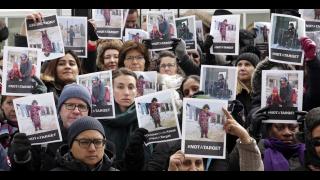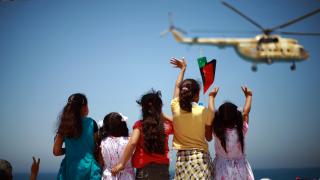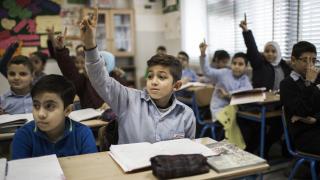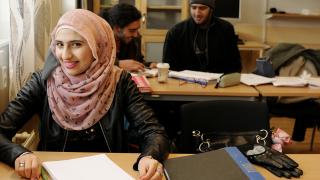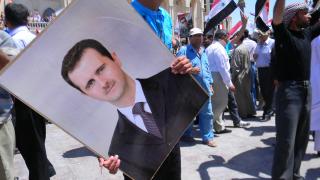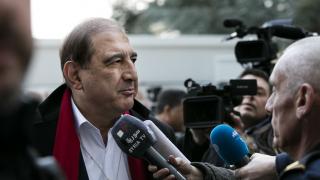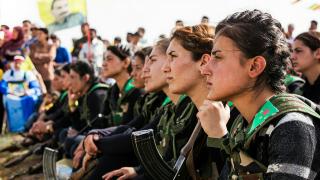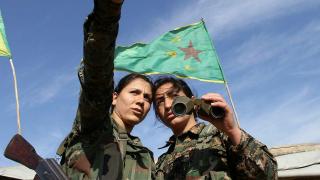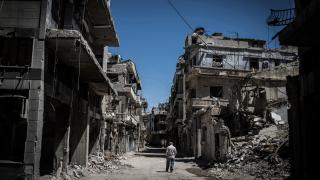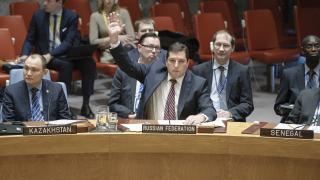
The Syrian conflict is a defining symbol of the modern failure of our institutions for collective security.
The Security Council should have done much better. But the Council is not an abstract independent institution. It is only the sum of its members. It succeeds when its members choose to align their interests or accommodate their differences. It fails when its members choose to ignore this reality.
Syria has been ruled for over 45 years by a family from a minority sect. The Sunni majority has felt excluded and oppressed. The regime is militantly secular. It governs without regard to human rights and relies on brutal force.
The regime has challenged the sovereignty of its neighbours, occupying and dominating Lebanon and facilitating Iranian involvement. Syria is a committed enemy of Israel and had undermined past negotiations for a comprehensive peace in the region.
There are therefore many reasons why powerful states in the region and in the Security Council had strong interests involved. Many wanted the end of the Assad regime.
A simple analysis blames the Syrian crisis on the succession of Russian vetoes in the Security Council. These were a major part of the problem. But the issue is much more complex.
Russian support for Syria was a natural extension of historical interests and relationships. There are some similarities to the natural support the US gives to its historical ally in the region, Israel. When the conflict started in 2011 it should not have been surprising that Russia had strong incentives to back Damascus and use its veto, as the US often does for Israel. Basing policy on the hope that Russia would abandon Syria was naïve.
Another complicating factor is that the rebellion opened an historic opportunity for Syria’s Kurdish population to take control of large areas in the east. This not only divided the rebel coalition, but also divided the states supporting the rebels.
The crisis also produced a humanitarian disaster. Globally, people were appalled by the atrocities against civilians and the huge flows of refugees. All this should also have been foreseen in 2011. Policy-makers would have known about the appalling civilian atrocities inflicted by the Syrian regime in 1982, when a previous opposition resistance in the city of Hama was put down with extreme brutality. Nothing less should have been expected if the survival of the regime was at stake.
Events in Libya in 2011 also played a part. It was not only Russia that saw a worrying precedent in the way that a Security Council decision to allow the use of force for a humanitarian purpose could morph into a war of regime change. China, and many developing countries, have remained sensitive about this precedent for the Syrian situation, where so many players had vested interests in the rebellion against Assad.
The emergence of ISIL further complicated the situation. Appalling atrocities against civilians, the flow of foreign fighters and the impact on terrorism globally, raised the stakes for all. Tragically for the Syrian people, ISIL provided a new pretext for Damascus to continue labelling all rebels as terrorists.
From late 2011, a sense set in that the Security Council was hopelessly paralysed. The UN Secretariat did its best. But even talented Special Envoys, like Kofi Annan, Lakhdar Brahimi and Staffan de Mistura failed, underlining the problem that is created when the Security Council is fundamentally divided.
The UN, working with NGOs and humanitarian agencies, did achieve modest progress in bringing supplies to embattled civilians. In 2013–14, Australia and Luxembourg challenged the permanent members of the Council’s pressure to remain passive and secured groundbreaking Security Council resolutions on humanitarian access. But Russia and the US, preoccupied by their own interests, insisted that the underlying political issues were off limits to the Council.
In 2015–16, New Zealand, Spain and Egypt intensified this humanitarian focus with new resolutions. In 2016, the New Zealand Prime Minister sponsored an attempt to restore Security Council consensus on the political issues with a high-level session of the Council. But to no avail.
Was there ever an opportunity to stem the conflict in Syria? And what policies might have achieved that?
A window of opportunity should have been explored in 2011, before the civil war was in full swing. Increasingly, the Syrian regime saw a military solution as the only option. Russia became locked into the same logic – and inevitable escalation followed.
A serious policy of conflict prevention in 2011 might have produced a better outcome. It would certainly have been a much better policy for those in the West who were concerned about protection of civilians, humanitarian law and the minimisation of refugee flows. Syria would also have been a much less fertile ground for ISIL.
Conflict prevention is one of the fundamental responsibilities of the Security Council under the UN Charter. The new Secretary-General, António Guterres, has promised to make it a top priority. But it requires a genuinely collective approach to decision-making. It requires policy-makers to accept that the perfect can often be the enemy of the good. Instead, what is needed is a willingness to find common ground that is ‘good enough’ for sustainable peace.
In 2011, peace was not well served by those whose policy was that ‘Assad must go’. This ignored practical realities in Syria and the foreseeable humanitarian consequences of failing. It also ignored the lessons from Iraq (and later Libya) following the collapse of similar regimes. Change in Syria could only be achieved by negotiation, over time and with Russia as a partner.
A deal with Assad in 2011 might have resulted in a 5–10-year transition. Not ideal for the principled or for those who scented the possibility of quick regime change. But, looking back from 2017, it would surely have been better than the horrors that were unleashed on Syrians and which now impact the whole world.
Russia was able to convert the Syrian war into a political and military opportunity. But Assad’s indiscriminate attacks against civilians, targeting of hospitals and use of chemical weapons have caused significant costs to Russia’s reputation. In hindsight, Russia too would have been much better served if conflict prevention had been prioritised in 2011.
It is possible that, despite its best collective conflict prevention efforts, the Security Council would still have failed. Assad would certainly have robustly resisted. Russia might not have been persuaded to cooperate. The working methods of the Security Council were (and remain) lamentably archaic and unsuitable for serious work of this kind. Nevertheless, the fact remains – conflict prevention was never seriously tried when it might have made a real difference.
Syria and the world deserved better.
Photo: The representative of the Russian Federation vetoes a draft Security Council resolution on Syria aiming to impose sanctions on Syria for the use of chemical weapons, 28 February 2017. Copyright UN Photo/Manuel Elias

